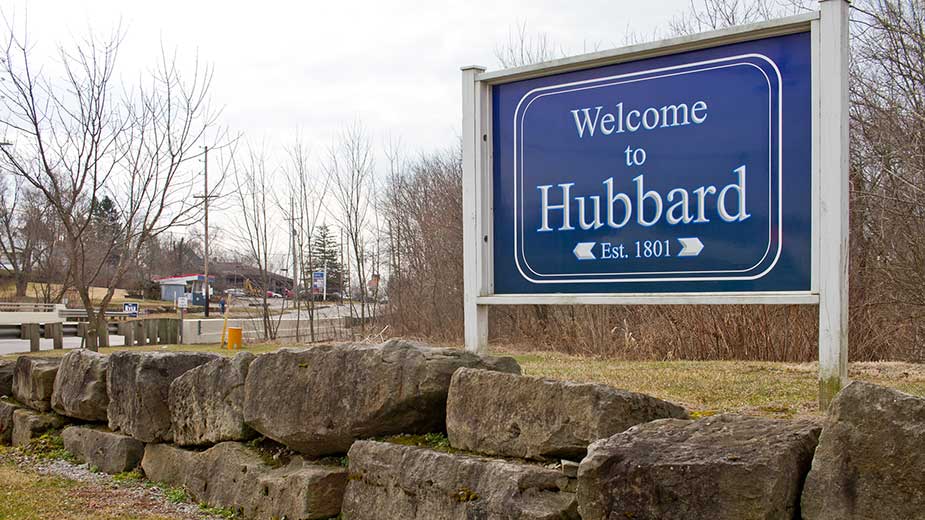Court Rules in Favor of Chesapeake in Royalty Dispute
YOUNGSTOWN, Ohio – A U.S. District Court in Akron has ruled against landowners from Mahoning and Trumbull counties who alleged Chesapeake Appalachia LLC failed to pay them full royalties on oil and gas production and improperly deducted post-production costs from their checks.
At the core of the decision is Ohio’s “at the well” rule, which applies to those landowners who have signed contracts with energy companies that base royalty payments on the value of natural gas at a price determined at the wellhead.
However, the court found that the rule also allows companies to deduct post-production costs such as processing and marketing expenses from those royalty checks, thereby reducing the amount of payments to landowners who have leased their oil and gas rights to the company.
“Chesapeake pays the lessors a pro rata share of the downstream sales price of the gas, and may – depending on the circumstances of each well and each lease – allocate a pro rata share of the post-production costs against the royalty payment,” court documents say. “Chesapeake asserts that this process is permitted under the leases that contain the so-called ‘at the well’ language.”
The court agreed that since the leases contained “at the well” language, Chesapeake was within its rights to deduct a portion of post-production costs from royalty checks.
Courts in other states such as Pennsylvania and Texas have recognized that similar “at the well” language allows energy companies to pass post-production costs on to the landowner, court documents say.
Although the Ohio Supreme Court has not ruled on the matter, U.S. Judge Sara Lioi wrote in her decision that the state’s high court “would adopt the ‘at the well’ rule simply applying the clear and unambiguous language in the leases.”
Per the court’s order, attorneys for plaintiffs and defendants are charged with submitting a joint proposal on how to move forward with the case by Nov. 8.
The ruling ends a longstanding class action suit first filed in September 2009 by landowners Regis and Marion Lutz of Warren and Joseph and Leonard Yochman of Diamond, Ohio, as well as 100 other parties. The complaint was initially filed against Chesapeake, Columbia Energy Group, and NiSource Inc., but both Columbia and NiSource have since been dismissed from the lawsuit.
“We are pleased with the court’s decision and appreciate the clarity it provides Chesapeake and other operators as development continues to progress in the Utica,” Chesapeake spokesman Gordon Pennoyer said in a statement emailed to The Business Journal.
Yet Alan Wenger, an oil and gas attorney at Harrington, Hoppe & Mitchell in Youngstown, said that big energy companies continue to improperly deduct expenses from landowners’ royalty checks, even when the leases contain language that prohibits them from doing so.
“The companies ignore it,” he said, leaving the burden of legal action on the landowner. “It can cost hundreds of thousands of dollars to fight these things.”
Small landowners simply don’t have the resources to do that, Wenger noted. “All of the leases I deal with have expressed language that prohibits these deductions.” Over time, these deductions can amount to millions of dollars in unpaid royalties to the landowner, he said.
On the other hand, energy companies are wary about taking the matter to court for fear of setting a precedent that could impair their position, Wenger said. Often, these cases are settled before they reach the courts.
“You’ll see a lot of these cases settled,” Wenger said. “They [energy companies] don’t want to set a precedent.”
Copyright 2024 The Business Journal, Youngstown, Ohio.



